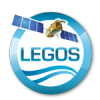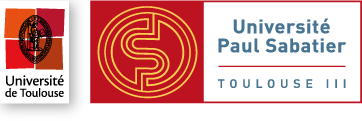Global Coastline Evolution Forecasting from Satellite Imagery
Encadrants:
Rafael Almar, LEGOS
rafael.almarNO SPAM -- FILTER@NO SPAM -- FILTERird.fr
+33 (0)5 61 33 29 35
Denis Wilson, Mahmoud Al Najar, Amélie Arias
Context
The prediction of coastal water levels is more than ever a necessity in order to avoid hazardous coastal management, which could pose serious safety issues. The present internship aims at exploring this problem through the lens of code improvement based approaches. In particular, our achievements would be to optimise and further develop a dynamic shoreline evolution model based on waves, sea level and river discharge, written in Python (GLOBCOASTS, Arias et al., 2023), to obtain the best score, worldwide.
Objectives
and work
| In this work, we will use a novel time series dataset of shoreline positions from satellites around the world. We will propose a novel machine learning framework based on generative artificial intelligence to make the existing coastline model GLOBCOASTS the best in the world. Compared to similar studies on shoreline prediction using machine learning (Montano et al., 2020), our goal here is to develop an interpretable machine learning model that predicts global shoreline evolution to better understand the relationship between drivers and shoreline response. This project will join an ongoing thesis on this topic with the CNES and the OMP. References: Amélie, A., Rafael, A., Vincent, R., Sebastien, C., Julien, B., Fabrice, P., & Marcan, G. (2023, May). Predicting coastline changes under human and climate drivers: GLOB-COAST MODEL. In EGU General Assembly Conference Abstracts (pp. EGU-5531). |
Montaño, Jennifer, et al. « Blind testing of shoreline evolution models. » Scientific reports 10.1 (2020): 1-10.









